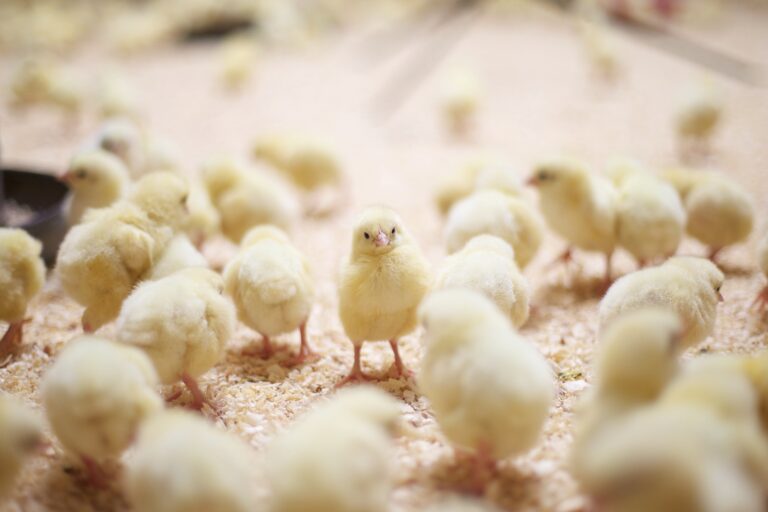This article first appeared in the Buildings supplement to Poultry Business, published in September 2024
Throughout winter, farmers often place their focus on heat, rather than ventilation. However, without a winter maintenance review, systems can result in operational failure, leading to bird welfare issues and reduced returns when it comes to the peak ventilation seasons.
John Lack, business development manager at Hydor, says there are ways to improve poultry health and increase efficiency during winter.
As temperatures begin to plummet, for the majority of growers, gas consumption will be on the rise in order to keep optimum temperature in sheds throughout the growing period. “It is essential to ensure that all sensors are in working condition and are also placed in the correct location to maximise efficiency,” says Lack. “Even those with biomass heating, the same advice applies.”

Another consideration is to ensure that all inlets are functioning and operating correctly. This is to make sure that there is adequate distribution of air movement throughout the poultry shed, allowing for new air to enter and old air to leave. “Your controls play a big part in this, which should be tested regularly to provide you with the confidence that they are also in working condition,” says Lack. TPI inlets are available from Hydor, an official UK distributor.
Throughout the winter season, there is an increase in installations of Hydor’s recirculation fans. “This more gentle application is suitable for all year-round ventilation, providing constant airflow, and evenness of temperature and humidity,” says Lack. “Destratification Fans are also another popular choice of ventilation throughout the colder months as they redistribute warm air towards floor level, where it’s needed most.” A recent study conducted on two identical poultry sheds, showed Hydor’s destratification fans used less gas, and were much more efficient, with a return on investment within six months.
To prevent damage and ensure your ventilation systems are ready for peak usage, it’s crucial to keep them clean and well-maintained even during periods of inactivity. Dust and debris can accumulate in fan blades, motors, and vents, leading to reduced efficiency and potential breakdowns when they’re needed most. “Regularly where possible, clean and inspect these systems, so your equipment stays in optimal condition to protect your investment,” says Lack.
By staying proactive with winter ventilation and regularly maintaining your ventilation systems, you can avoid unexpected issues and ensure that your equipment is ready to perform when it’s needed most. This preparation not only safeguards your investment but also supports bird welfare and optimises efficiency throughout the year.


